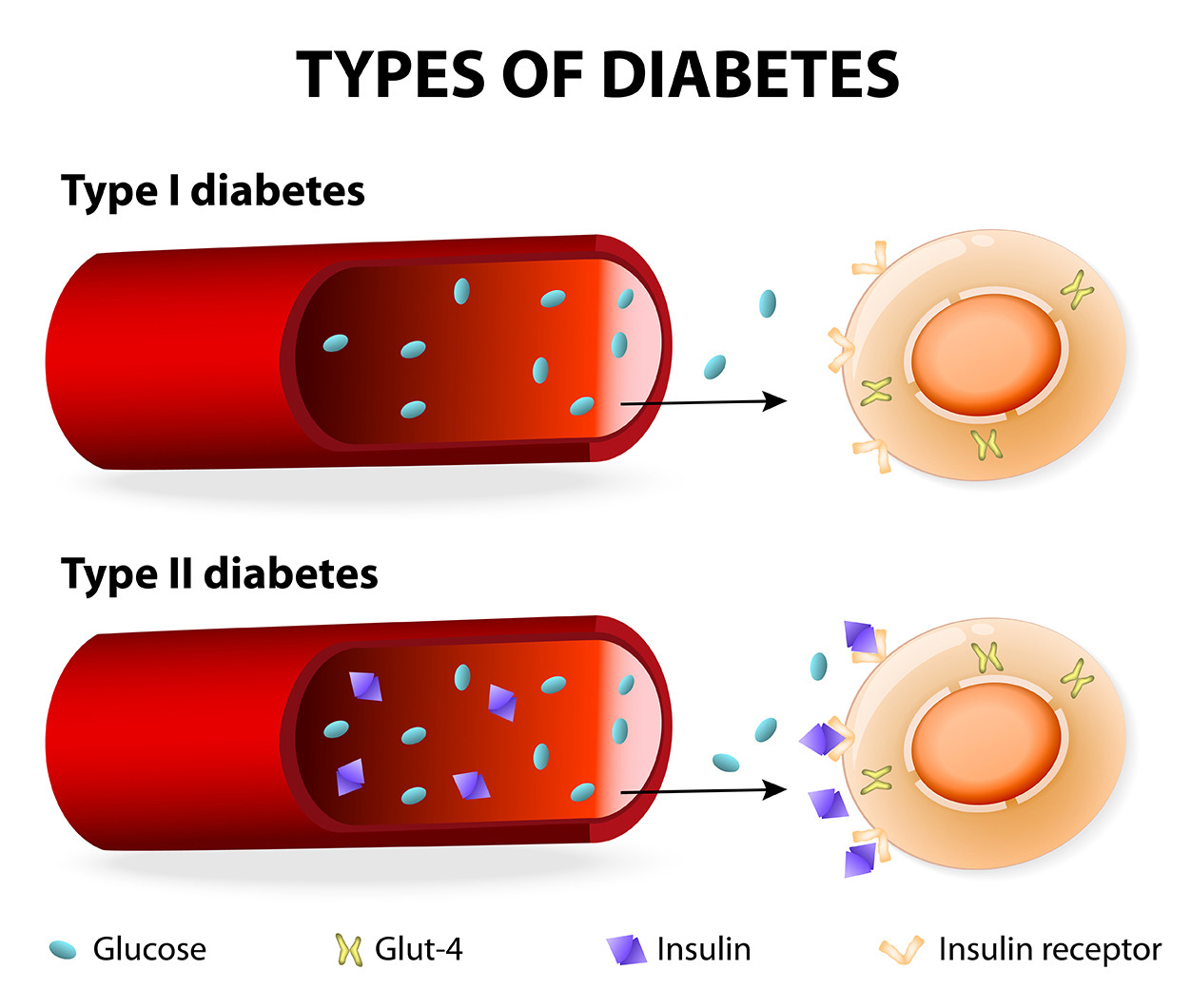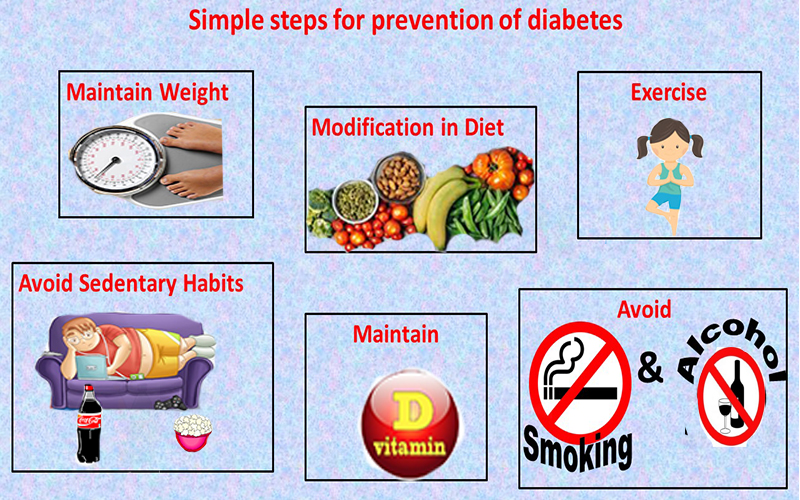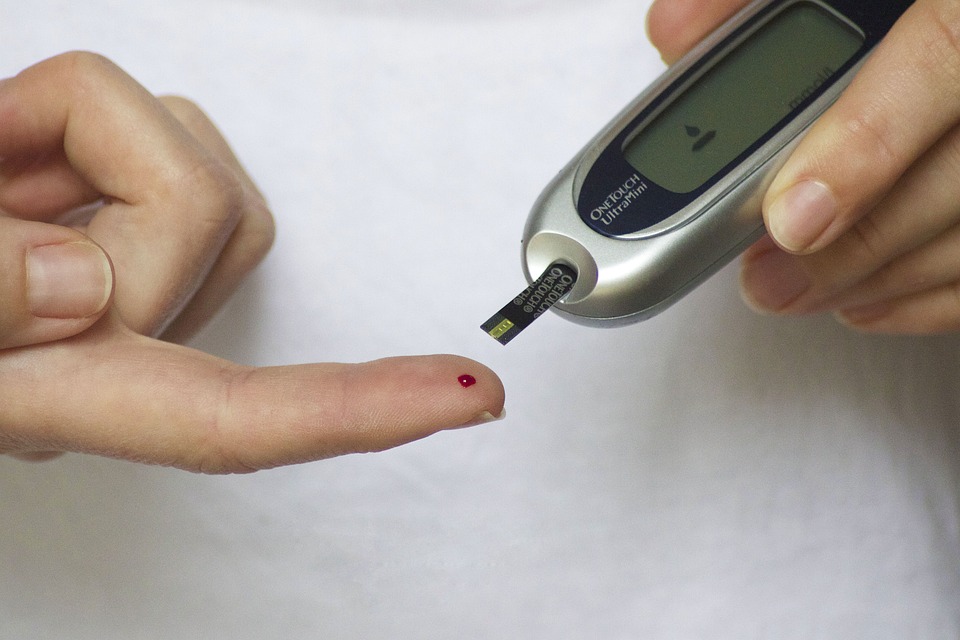Understanding Diabetes: A Human-Friendly Guide
What is it?
Imagine your body is a bustling city, and food is its fuel. Glucose, a type of sugar, is like the energy currency keeping everything running. But sometimes, there's a glitch in the system. In diabetes, your body either lacks enough insulin, the key that unlocks glucose for your cells, or struggles to use it properly. This leads to an overabundance of sugar in your bloodstream, which can wreak havoc on your health.
Types of Diabetes:
- Type 1: This "autoimmune" version often strikes in childhood, where the body's defenses mistakenly attack insulin-producing cells.
- Type 2: More common in adults, this type stems from either insufficient insulin production or resistance to its effects. It's often linked to lifestyle factors.
- Gestational Diabetes: This temporary form arises during pregnancy due to hormonal changes.
Warning Signs:
Listen to your body's whispers! Excessive thirst, unexplained weight loss, frequent urination, fatigue, blurry vision, and tingling limbs could be red flags. Early detection and management are crucial.
Lifestyle & Prevention:
The power lies in your hands! Embrace a healthy lifestyle:
- Move your body! Aim for at least 30 minutes of moderate-intensity exercise most days.
- Fuel your body wisely: Choose whole grains, vegetables, fruits, and lean proteins. Limit sugary drinks and processed foods.
- Maintain a healthy weight: Excess weight puts extra strain on your system.
- Manage stress: Chronic stress can worsen diabetes. Practice relaxation techniques like yoga or meditation.
- Limit alcohol and quit smoking: Both habits can raise blood sugar levels and harm your health.
Treatment & Management:
While there's no cure for Type 1 or 2 diabetes, you can manage it effectively. This often involves:
- Medications: Depending on your type and severity, different medications, like insulin or oral drugs, can help regulate blood sugar.
- Diet and exercise: These remain cornerstones of managing diabetes.
- Regular checkups: Monitoring your blood sugar and consulting your doctor are vital for staying on track.
Living with Diabetes:
Remember, diabetes doesn't define you. Take charge of your health, embrace a healthy lifestyle, and don't hesitate to seek support from your doctor or diabetes educator. With knowledge and the right tools, you can live a fulfilling and active life!
Bonus:
- Early detection is key: Get regular checkups, especially if you have risk factors like family history or are over 35.
- Don't fear medication: It's not a sign of failure, but a tool to help you manage your condition effectively.
- Knowledge is power: Learn as much as you can about diabetes and its management.
- Join a support group: Connect with others facing similar challenges for encouragement and advice.
Remember, you're not alone in this!
I hope this rewritten version is more engaging and easier to understand.





